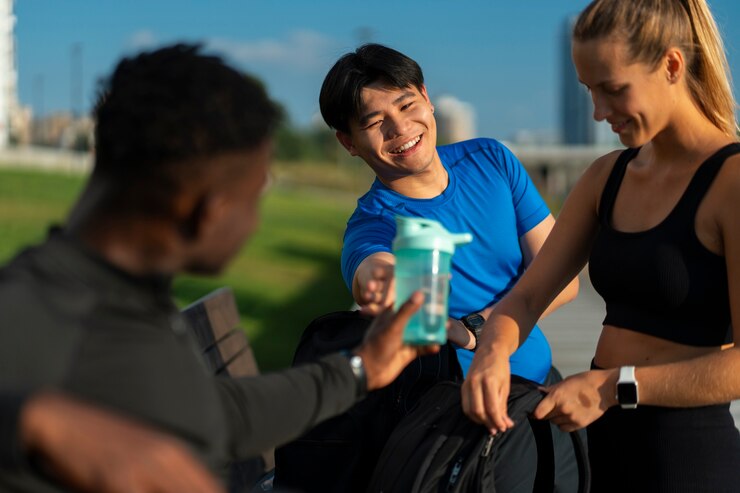
1. **Staying Strong: Fitness Strategies That Work for Every Body**
2. **Empowered Movement: Fitness Tips for All Abilities**
3. **Adapting Fitness: Practical Ways to Stay Active with a Disability**
4. **Inclusive Wellness: Making Fitness Work for You**
5. **Strength in Motion: Fitness Guidance for People with Disabilities**
Let me know if you’d like the tone to be more formal, playful, or tailored to a specific audience.
Around 650 million people worldwide—about 10% of the global population—live with some form of disability. No matter the type or severity, everyone deserves the chance to achieve their best possible health and well-being.
Disability is a broad term that covers a wide range of physical and mental conditions. But even with significant challenges, there are always ways to support a healthier lifestyle.
Here are five practical tips for improving health while living with a disability:
First, eating a balanced diet is essential for everyone, but it’s especially important for those with specific health needs. For example, if someone has a gluten intolerance or digestive issues like irritable bowel syndrome, choosing the right foods can make a big difference. Nutritious options like leafy greens, lean proteins, fruits, and vegetables provide the energy and nutrients the body needs to function well.
Second, staying active is key—even for those who use a wheelchair. Movement, no matter how small, can have a big impact. Take Parkinson’s disease as an example: research shows that activities like riding a stationary bike can significantly reduce tremors. Exercise also boosts serotonin levels, which helps with mood, anxiety, and overall mental health.
Third, getting enough sleep is crucial. While most people need between six and eight hours a night, some may need more or less. The important thing is to find the amount of rest that leaves you feeling refreshed and energized.
Fourth, mental health matters just as much as physical health. Accepting a disability—especially if it happened suddenly, like after an accident—can be emotionally challenging. Talking to a counselor or joining a support group can help with the adjustment. If needed, legal support from an SSDI lawyer can also be beneficial.
Lastly, don’t underestimate the power of fresh air and sunlight. Spending time outside, even just 20 minutes a day, can boost vitamin D levels and improve mood. Whether it’s sitting on a porch or taking a short stroll, being outdoors can have a positive effect on both body and mind.
Managing stress and following these simple steps can lead to a healthier, more fulfilling life. You don’t have to face the journey alone—embracing support and focusing on what you can do makes all the difference.